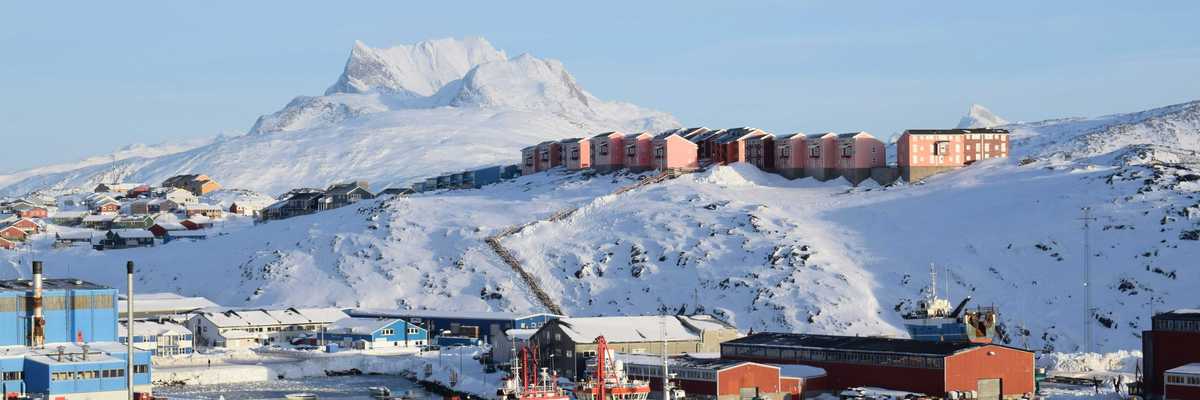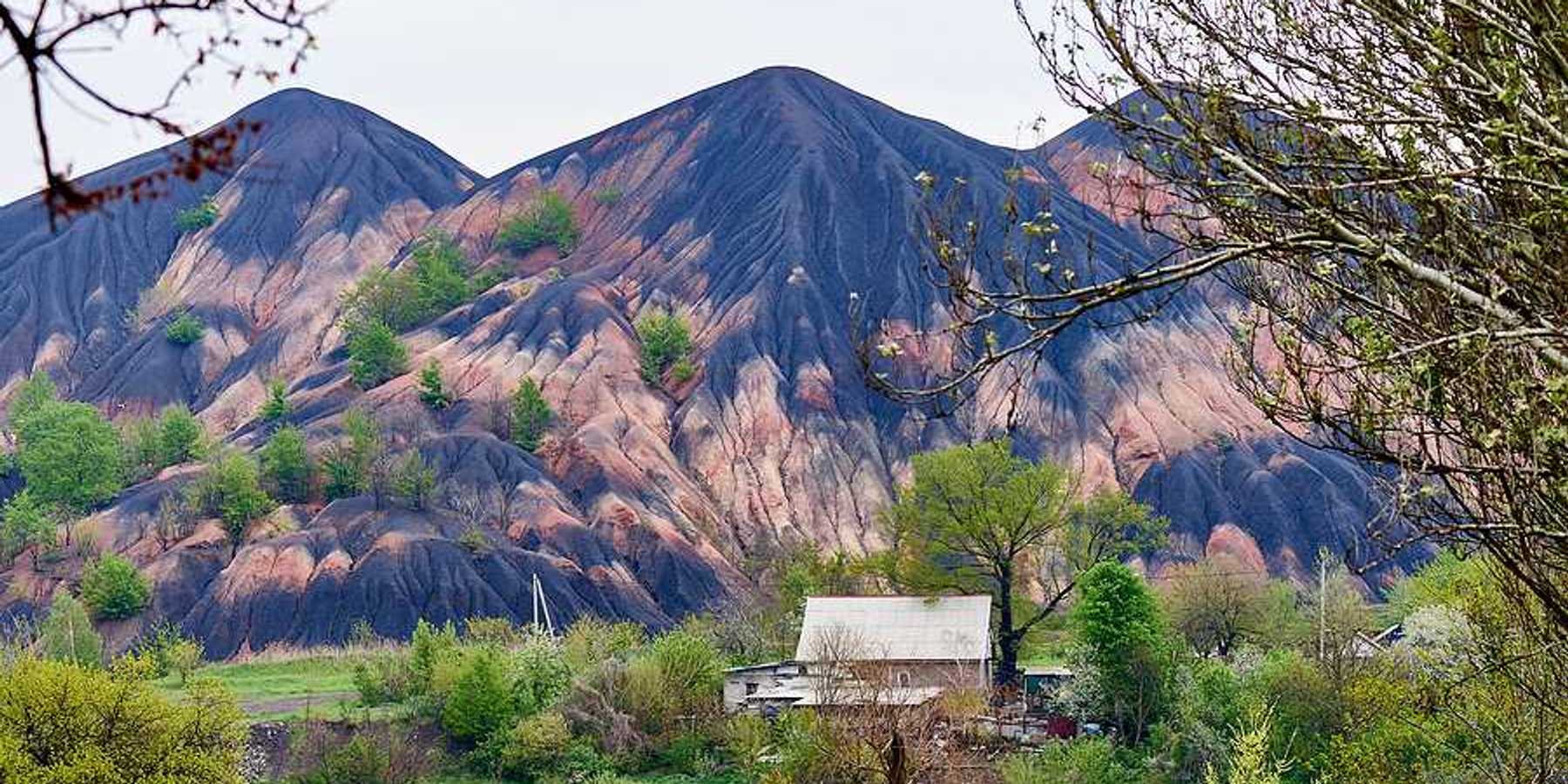butterflies
Bat populations decline in England due to wet summer
Conservationists report a worrying decline in UK bat populations, attributing the drop to an unusually wet summer that has reduced the insects they feed on.
In short:
- Malnourished and underweight bats are being rescued in various regions including Cambridgeshire and Norfolk.
- The decline in insect populations, worsened by wet weather, threatens all 17 UK bat species.
- The Butterfly Conservation charity notes a significant decrease in butterflies and moths, crucial for ecosystem health.
Key quote:
“This is likely to be because of the wet spring and now the colder than normal temperatures. Butterflies and moths need some warmth and dry conditions to be able to fly around and mate – if the weather doesn’t allow them to do this, there will be fewer opportunities to breed.”
— Dr. Dan Hoare, director of conservation, Butterfly Conservation
Why this matters:
Bats play a crucial role in ecosystems as natural pest controllers, consuming vast quantities of insects that would otherwise damage crops and spread disease. Their dwindling numbers could lead to an increase in the insect population, potentially affecting agricultural productivity and public health.
Related EHN coverage:
Meadow brown butterflies ‘adapt’ to global heating by developing fewer spots
Female meadow brown butterflies who develop in warmer weather sport fewer spots on their wings, in an unexpected adaptation to global heating.
Saving monarch butterflies is this Minnesota mayor's conservation project
Bees, butterflies and other county pollinators getting millions in support
Because of the impacts of climate change, habitat loss, disease and the use of pesticides, the number of pollinators that make so many fruits and vegetables possible are on the decline.
The U.S. government wants your dead butterflies
Climate change is killing Michoacan's monarch butterfly population
Monarch butterflies are known as experts of climate adaptation, but it’s becoming much harder for them as global warming and logging hurt habitats where they breed and spend the winter.









